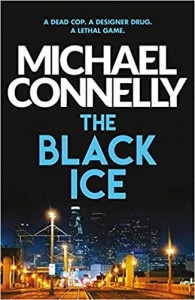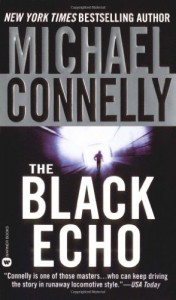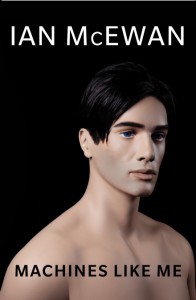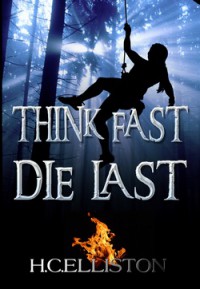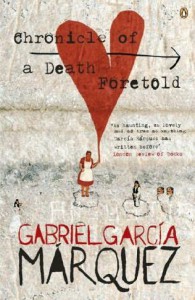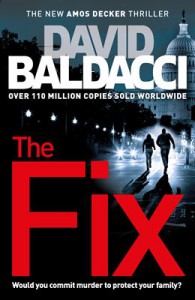

Book 4 in the Harry Bosch detective series and the precision in the moving parts of this 1995 novel remind me of an exquisitely crafted watch. The mainspring is, of course, the irascible Bosch, dynamically driving the plot forward, meshing the various components into a beautifully balanced whole, testament to the skill of a master craftsman. And there is no doubt that Michael Connelly is an exceptionally gifted storyteller.
Just as “The Concrete Blonde” dissected the main character through a retrospective legal examination of his most notorious case, so there was an inevitability in Bosch’s re-visiting of the crime, which had dictated so much of his life – the murder, 35 years earlier, of his mother. Time had always predicated against such a foray into a very private investigation, however, the ‘involuntary stress leave’ conferred on Bosch, following his assault of a superior officer, provides the opportunity. Moreover, the recent terminal, tectonic damage done to his home and probably to his relationship with Sylvia Moore, propels him to the conclusion that this is the right time. Not that Bosch accepts his side-lining graciously, but just as his former courtroom cross-examination told us much about the man’s personality, in this installment, the compulsory sessions with police psychologist, Carmen Hinojos, proves a clever vehicle for the reader to journey back to the childhood trauma that contributed so much to the complex character of Harry Bosch.
Whilst the author has an uncanny knack for evoking curiosity about Los Angeles, the strangely exotic, but oppressive environment in which the main character thrives. Again, in his pursuit of answers, Bosch ventures further afield, this time to Florida, where the change of air and the trading of pollution for an unfamiliar ocean has a detoxifying effect and even allows a recuperative, romantic encounter, which for a time seems to penetrate the detective’s hard outer shell.
Just as the earthquake is literally a ‘leveller’, the story also has the feel of decks being cleared for a new phase. By enabling Bosch to shed some weighty emotional baggage, the need to rebuild a new home, a new intimate relationship and a dramatic reboot of his position in the LAPD, Bosch has been allowed to glimpse a life outside of the suffocating intensity of human depravity, in which he has been immersed for so long. Whether Bosch is able to break free of the gravitational pull of criminal justice and his personal mission, which has hitherto held him fast, may be revealed further into the series. Still, this novel has the feel of a seminal moment and commands a slam-dunk ‘5-stars’ for its compelling plot and thought-provoking denouement.
Seconds out...Book 5 awaits...

 2
2





